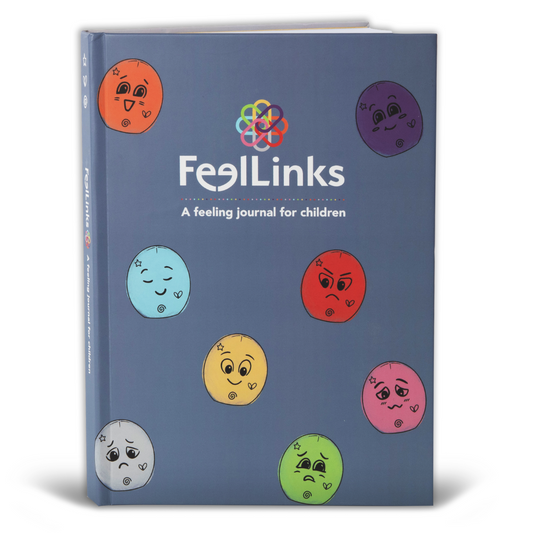Emotional Intelligence Is A Vital Life Asset
Share

Teaching emotions to children is a fundamental aspect of their emotional intelligence development, contributing to their overall wellbeing and future successes. Understanding and expressing emotions effectively are critical skills that empower children to navigate complex relationships and their own mental health.
Teaching emotions to children promotes effective communication and supports them in gaining a better understanding of themselves and their experiences. When children can articulate their feelings, they are better able to express their needs and concerns, in turn, we are better able to support them. This not only strengthens their relationships but also helps them advocate for themselves in various situations, whether at home, school, or in their future careers. Emotional literacy (knowing the words) equips children with the ability to recognize and label their emotions. This is called self-awareness - it lays the foundation for emotional regulation, helping children manage their responses in various life situations
Teaching children about emotions fosters empathy. When children can identify and understand their own feelings, they are better equipped to recognize and empathize with the emotions of others; this is called social-awareness. Empathy forms the basis for healthy relationships, as it encourages kindness, understanding, and effective communication.
Emotional intelligence is closely tied to academic success. Children with well-developed emotional skills tend to perform better academically, as they can navigate social dynamics, collaborate with peers, and handle stress more effectively. These skills contribute not only to classroom success but also to future professional success.
Emotionally intelligent individuals are often much better equipped to contribute positively to their communities. They are more likely to engage in problem-solving, resolve conflicts peacefully, and demonstrate resilience in the face of challenges. They learn to negotiate, compromise, and find solutions that consider the feelings and perspectives of others, creating a more positive environment. This combines the parts of emotional intelligence known as self-management and relationship management.
Teaching emotions to children is a valuable investment in their overall development. It empowers them with the tools to navigate the complexities of life - relationships, academic performance, and fosters compassionate and resilient children who are prepared for the challenges of the future.
Emotional intelligence plays a crucial role in mental health. Children who are taught to understand and manage their emotions are more resilient in the face of stress and adversity. They develop coping mechanisms that contribute to a positive mental well-being, reducing the risk of anxiety and depression later in life.
In our rapidly changing world, where adaptability is key, emotional intelligence becomes a vital asset. Children who are emotionally literate can navigate uncertainties more effectively, embracing change with resilience and a positive mindset.
Teaching emotions to children goes beyond the immediate benefits of self-awareness and empathy; it equips them with essential life skills that influence their mental health, communication abilities, conflict resolution strategies, and overall adaptability in an ever-evolving world.
FeelLinks hands-on resources are created to support you in supporting children at home, school and healthcare settings - really, anywhere!





